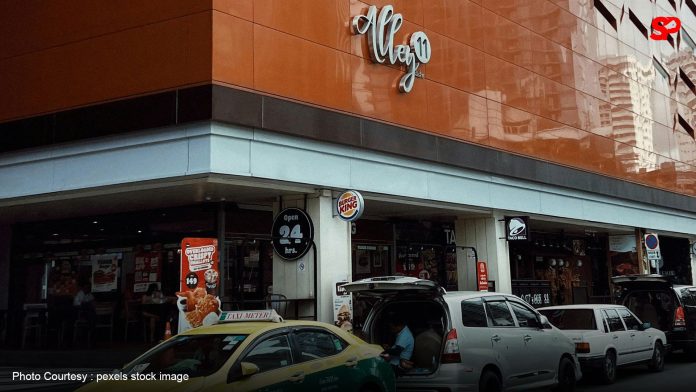By Allan M. Joaquin, MBA, CPDM
Franchising has become a popular and lucrative business model in the Philippines, attracting both budding entrepreneurs and seasoned investors. From rivals Jollibee and McDonald’s to Potato Corner and Ate Ric’s Bacsilog, franchising offers a pre-established brand and proven business system. However, before diving into this venture, it’s essential to evaluate whether franchising aligns with your goals, skills, and resources.
The Appeal of Franchising
One of the biggest draws of franchising is its reduced risk compared to starting a business from scratch. Franchisees benefit from an established brand, a loyal customer base, and a tried-and-tested operational system. In the Philippines, where consumer trust plays a significant role in business success, a recognizable brand name can lead to quicker market acceptance.
Franchise companies often provide support in terms of training, marketing, and operations. This hands-on guidance is particularly advantageous for first-time entrepreneurs who may lack business experience. Franchising also allows entrepreneurs to tap into booming industries such as food and beverage, personal care, or logistics
The Costs of Franchising
While franchising offers many advantages, it requires a significant financial commitment. Franchise fees, royalty payments, and operational costs can add up, especially for established and high-profile brands. Aspiring franchisees must conduct thorough research to ensure the potential returns justify the investment. It’s also vital to have sufficient working capital to cover unforeseen expenses during the business’s early stages.
Moreover, while franchising offers a level of independence, it comes with limitations. Franchisees must adhere to the franchisor’s guidelines regarding branding, operations, and product offerings. This lack of flexibility may not appeal to entrepreneurs who wish to innovate or personalize their business.
Key Considerations Before Franchising
- Assess Your Goals and Skills
Are you looking for a hands-on venture, or would you prefer a more passive income stream? Franchising requires dedication, especially during the initial setup phase. Evaluate whether your skills and interests align with the franchise’s industry. For instance, running a food business demands customer service skills and a willingness to handle fast-paced environments. - Research the Franchisor
Choose a franchisor with a solid reputation and a proven track record. Attend franchise expos, read reviews, and speak to existing franchisees to gain insight into their experiences. Check if the franchisor provides ongoing support and whether they are responsive to franchisee concerns. - Understand the Market
The success of a franchise often depends on its location and target audience. Conduct market research to ensure there’s sufficient demand for the product or service in your chosen area. The Philippines’ diverse regions have varying consumer preferences, so a franchise that thrives in Metro Manila may not perform as well in provincial areas.
Is Franchising Right for You?
Franchising can be an excellent pathway to entrepreneurship for those who value structure and brand recognition. However, it is not a guaranteed success and requires careful planning, commitment, and a willingness to operate within established systems. Thoroughly evaluate your goals and conduct due diligence so you can determine if franchising is the right business model for you.

